Optimal Timing for Water Treatments
Water treatments are essential for maintaining water quality, preventing scale buildup, and ensuring the longevity of plumbing systems. Proper timing of treatments can optimize their effectiveness and reduce long-term costs. The timing depends on factors such as water usage patterns, seasonal changes, and water quality issues.
Spring and fall are ideal times to perform water treatments to prepare for seasonal water demand changes and prevent issues caused by temperature fluctuations.
Applying treatments before peak usage seasons helps prevent scale and corrosion, while post-season treatments can address any buildup that occurred during high usage periods.
Regular water treatment schedules, such as annually or semi-annually, help maintain water quality and system efficiency throughout the year.
Monitoring water quality indicators can determine optimal treatment times, especially when mineral levels or contaminants fluctuate.
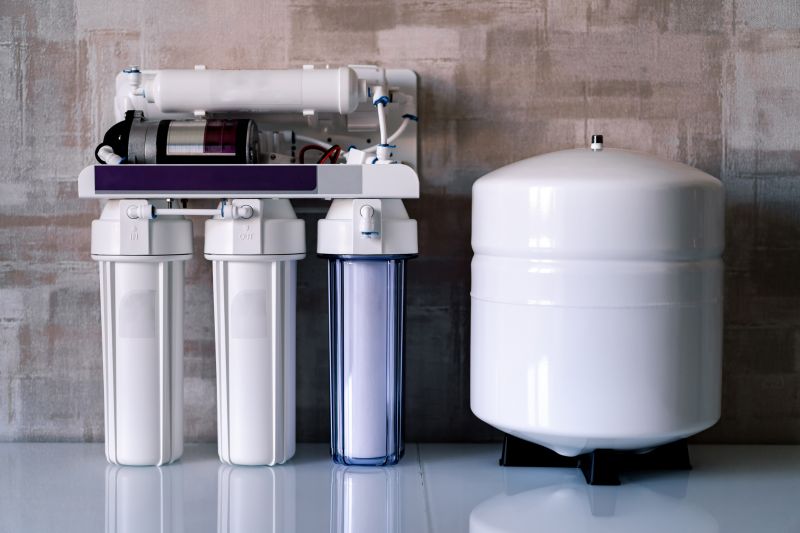
Water treatment systems installed in homes and businesses.
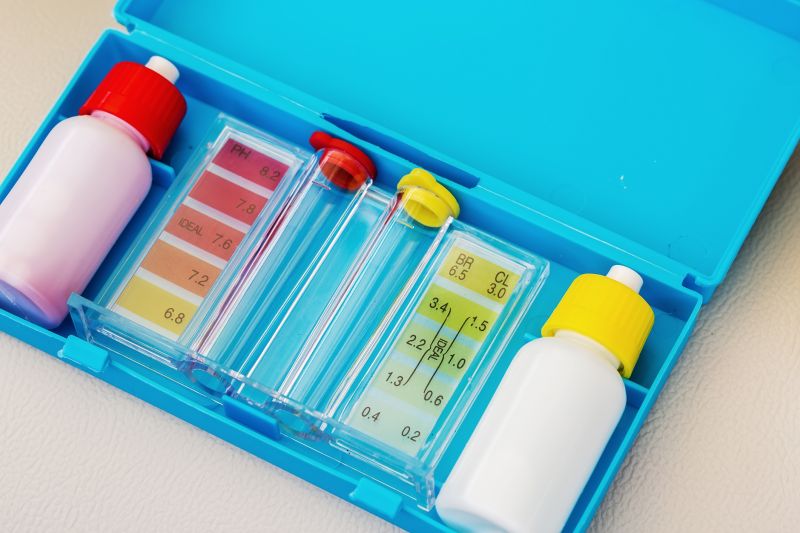
Tools used to analyze water quality before treatment.
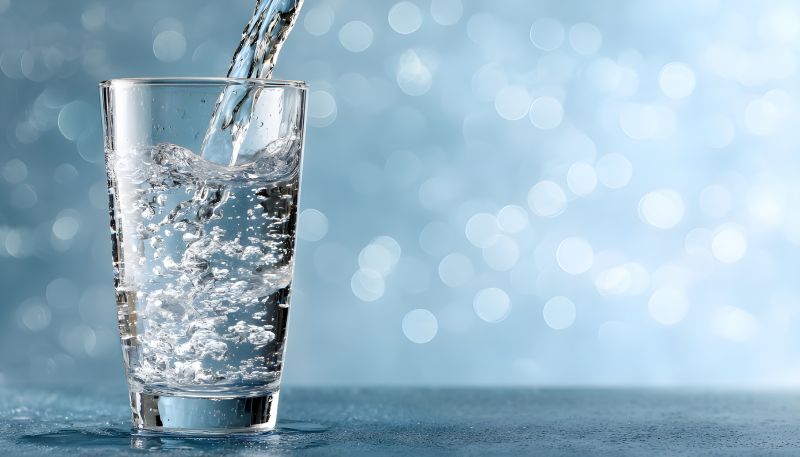
Clean drinking water after treatment processes.
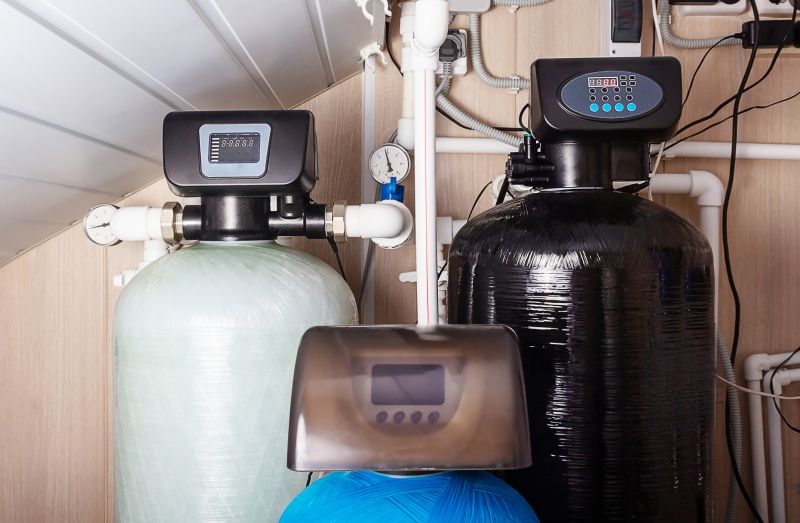
Equipment used to reduce mineral content.
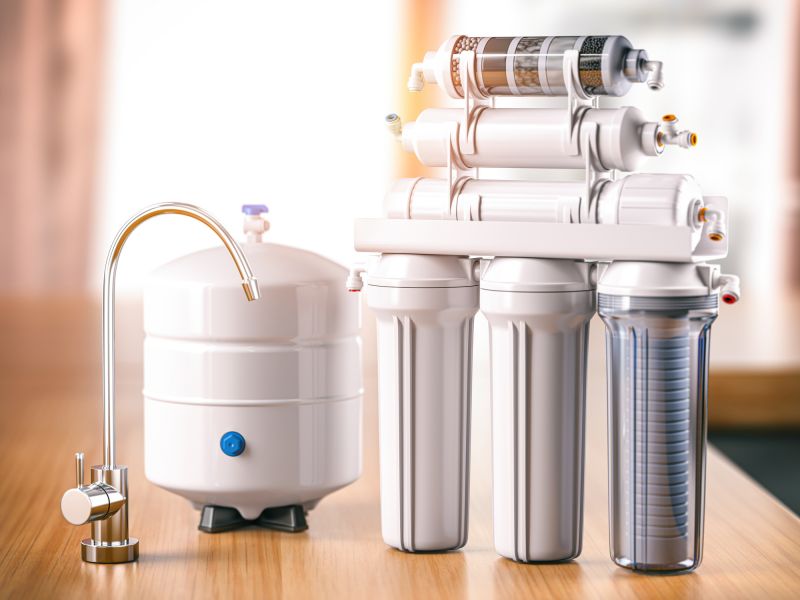
Advanced treatment for removing impurities.
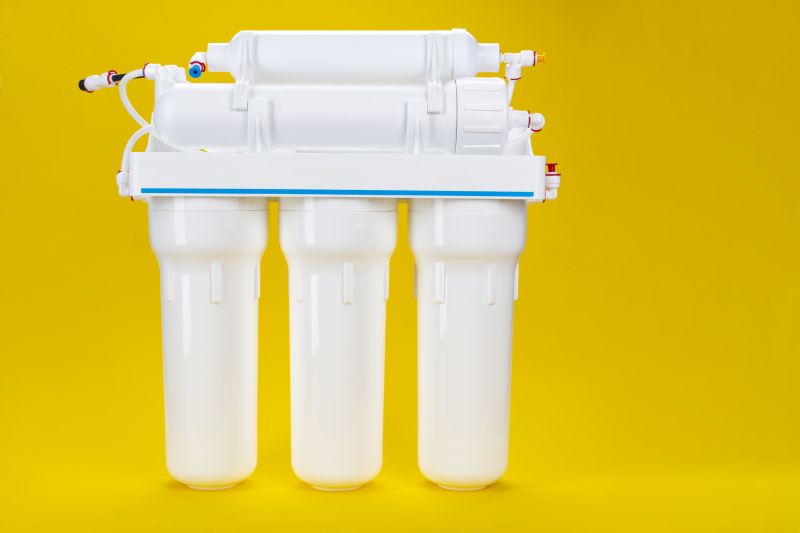
Devices used for ongoing water analysis.
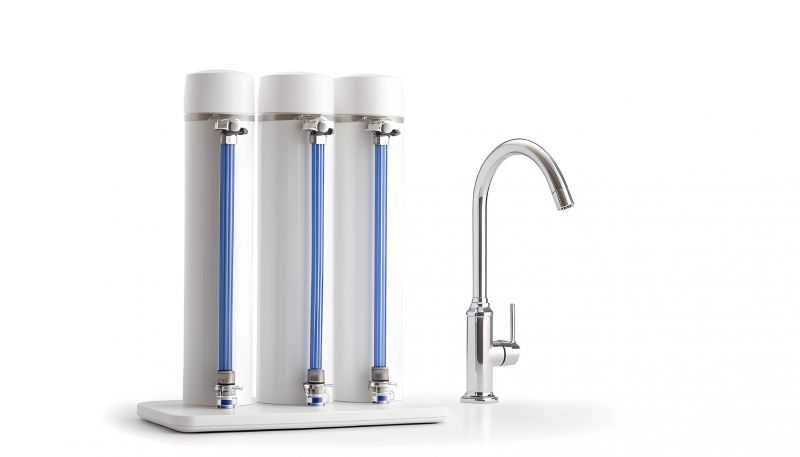
Systems that add treatment chemicals precisely.
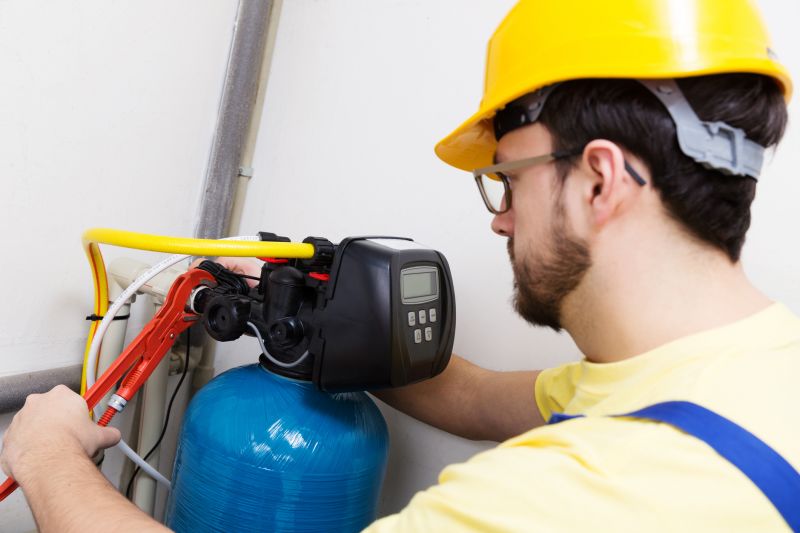
Technicians performing system upkeep.
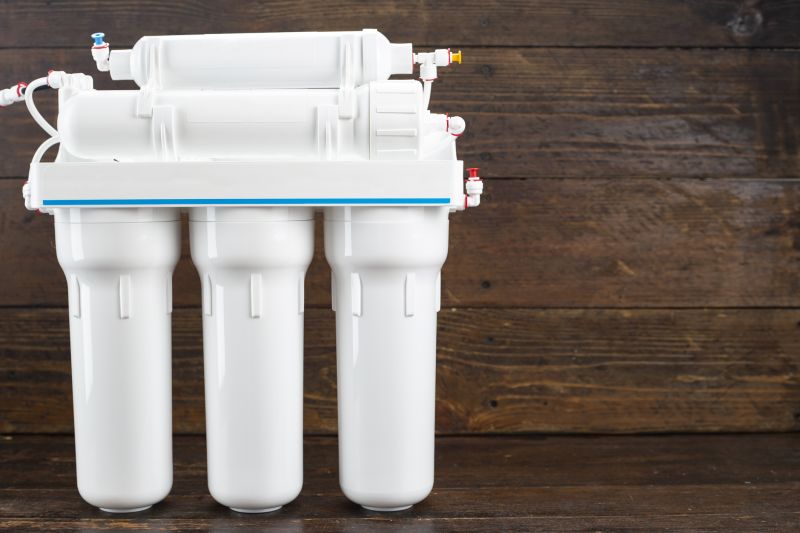
Facilities analyzing water samples for quality.
| Timing Consideration | Recommended Period |
|---|---|
| Seasonal Changes | Spring and fall |
| High Water Usage | Before peak seasons |
| Water Quality Fluctuations | When contaminant levels rise |
| System Age | Annually or semi-annually |
| Maintenance Schedule | As recommended by system manufacturer |
| Water Testing Results | Immediately after testing |
| Post-Repair or Installation | Within first few weeks |
| Temperature Extremes | Before and after winter or summer |
Proper timing of water treatments ensures that water systems operate efficiently and effectively. Regular assessments and adjustments based on water quality data help prevent issues such as scale buildup, corrosion, and microbial growth. Adhering to a planned treatment schedule can extend the lifespan of plumbing infrastructure and improve water safety.
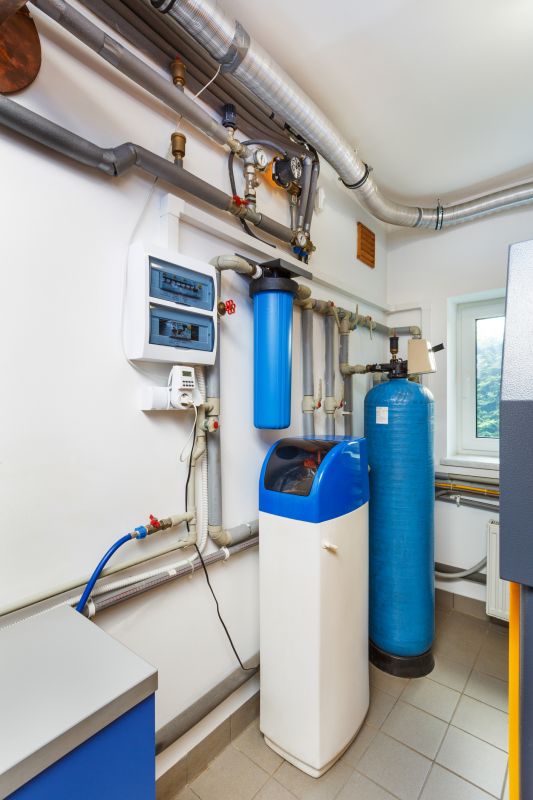
Various parts involved in water treatment processes.
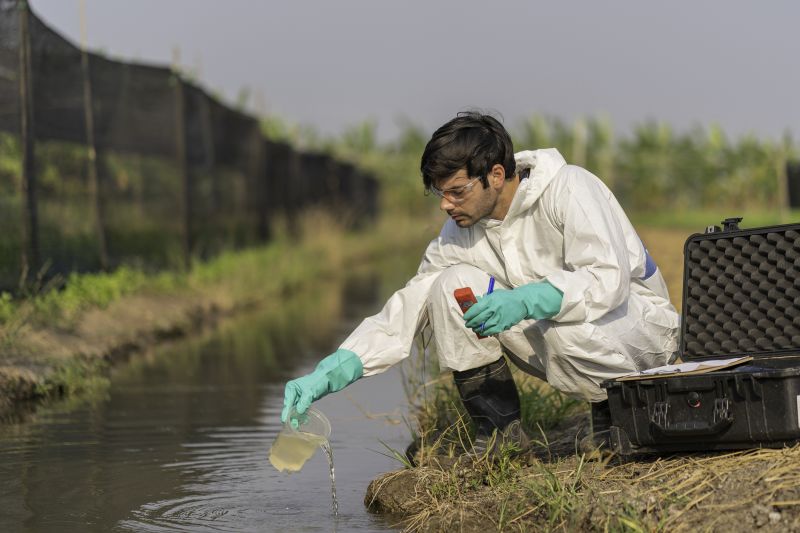
Analyzing water samples for quality assessments.
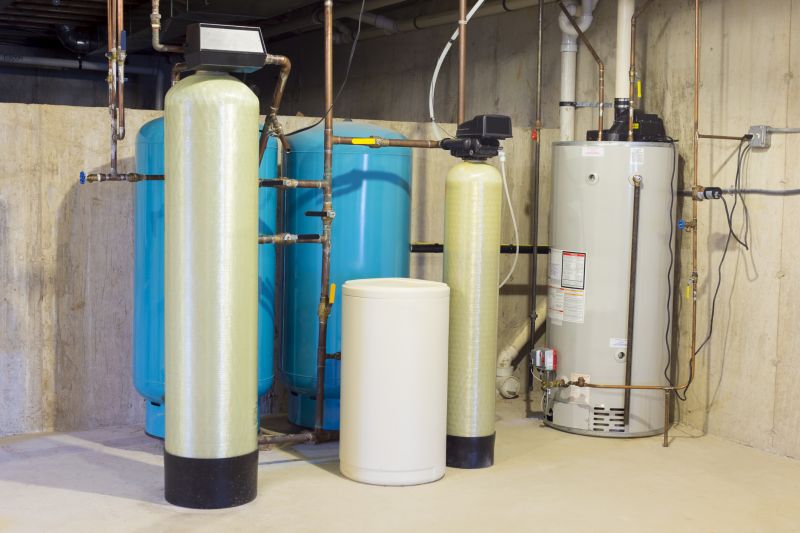
Safe storage of treatment chemicals.
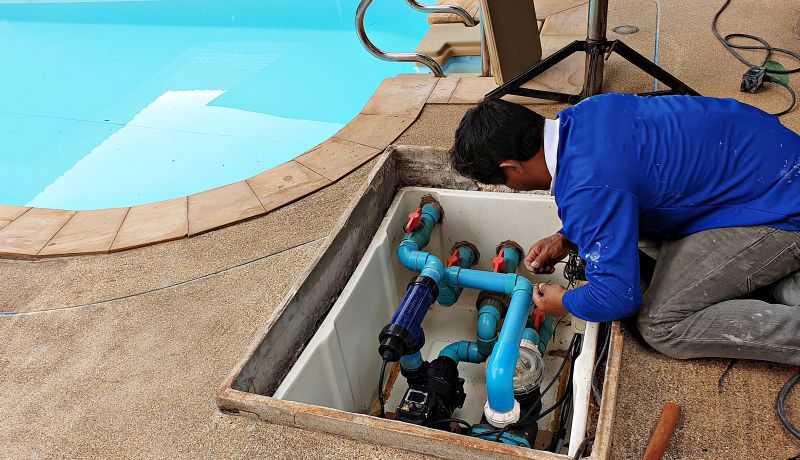
Technicians performing treatment system upkeep.
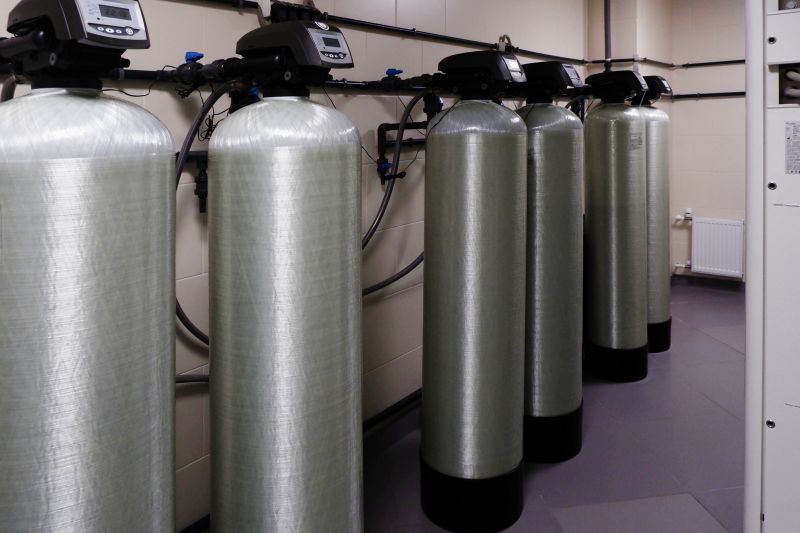
Ways to make Water Treatments work in tight or awkward layouts.
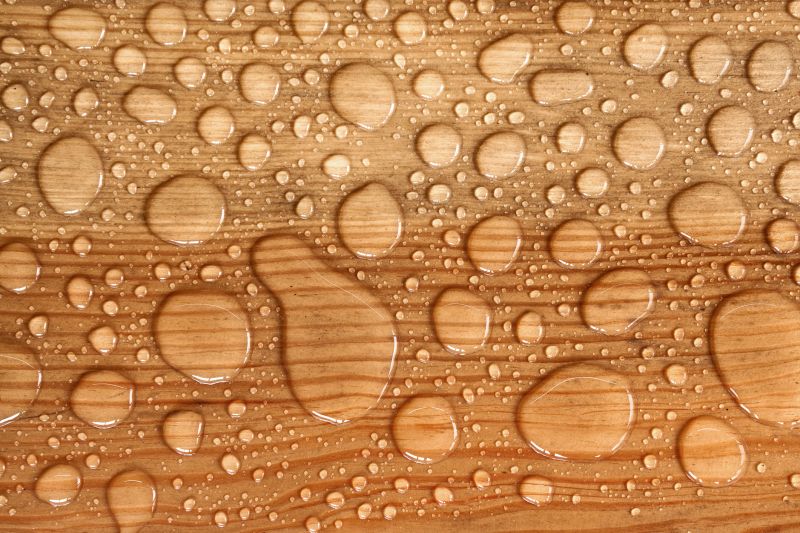
Popular materials for Water Treatments and why they hold up over time.
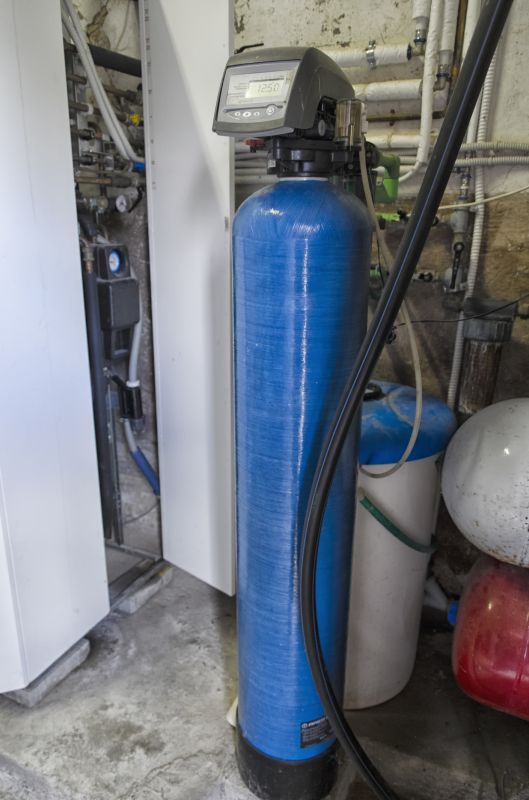
Simple add-ons that improve Water Treatments without blowing the budget.
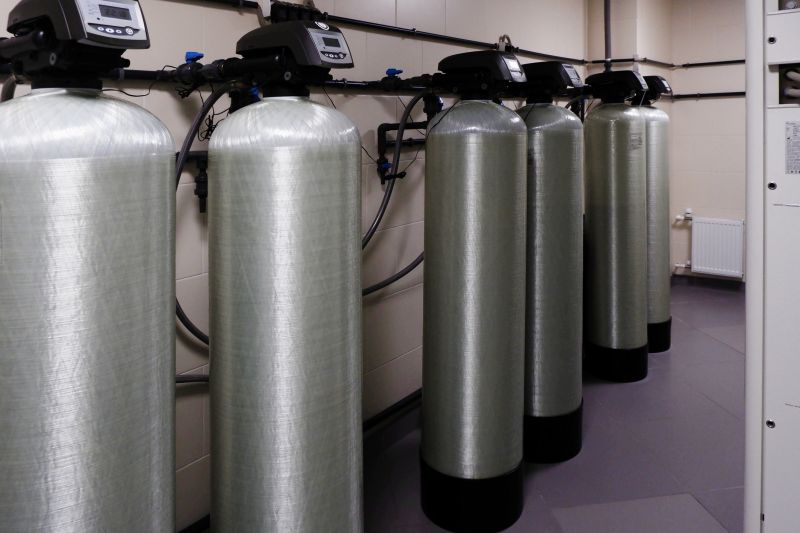
High-end options that actually feel worth it for Water Treatments.
Interested in optimizing water quality through timely treatments? Filling out the contact form provides an opportunity to discuss specific water treatment needs and schedule professional assessments to ensure water systems perform at their best.

